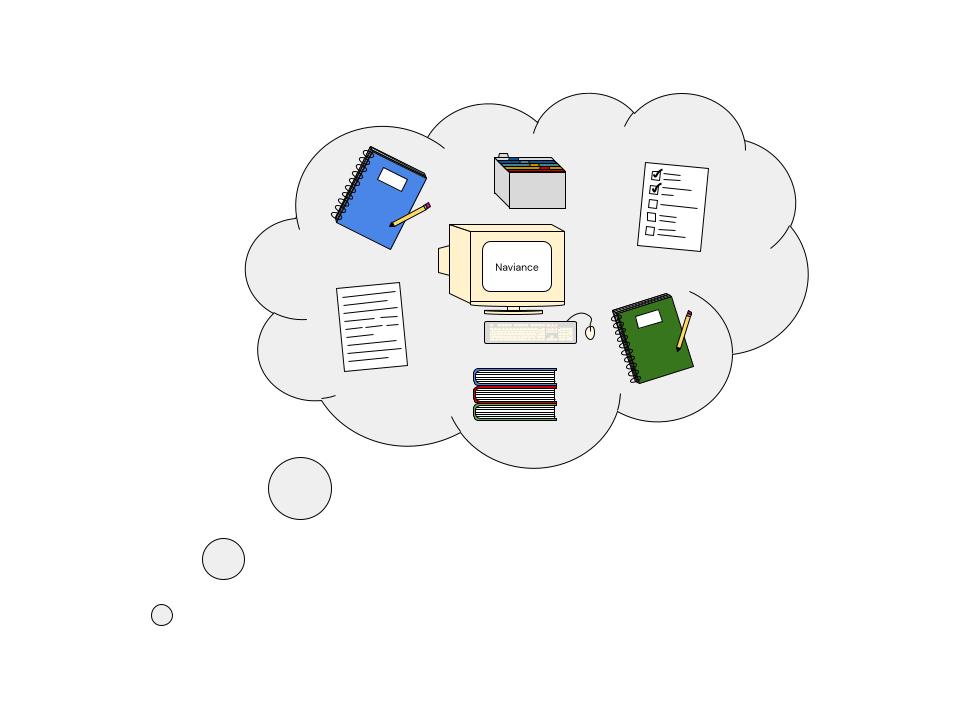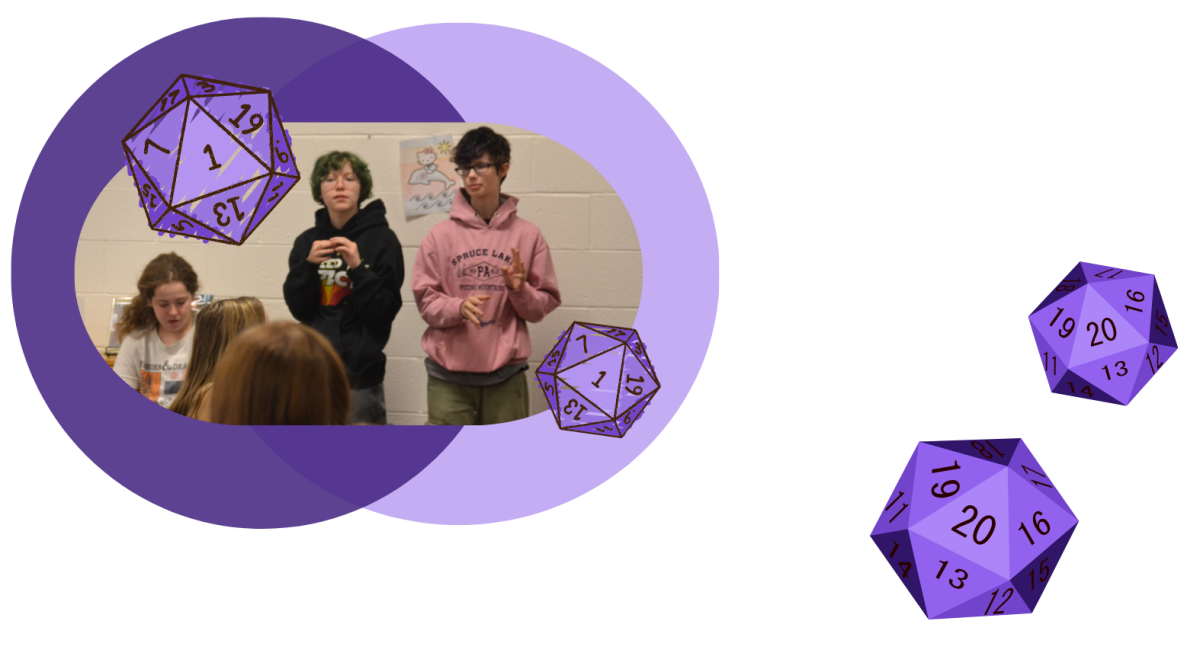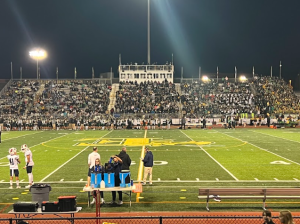Area schools look to promote equity in curriculum
June 10, 2021
Everyone wants to be included in learning about history that applies to them or their ancestors, particularly when we live in such a dynamic, diverse culture.
Education is the foundation for embracing different histories. Every school must address those needs for each learner. The East Penn School District is looking to make a change and to start their first steps toward equality and an inclusive education by looking at its curriculum.
But what comes from a textbook isn’t the only way that Emmaus High School — and other Lehigh Valley schools — reaches out to their dynamic group of students.
“One of the things that [was] a great improvement this school year was how, in our advisory periods for African-American history month, they had a mini-lesson on very important African Americans, especially of people that students might not be as familiar with … as MLK, or Malcolm X, or a bunch of others,” says history teacher John Gallagher.
By adding this extra enrichment into the advisory period, a wider view on history can be provided in the short window of time students are given to learn each year. So why don’t schools cover a broader variety of historical topics, figures, and events?
“It’s not a good excuse, but there are only 180 days in a school year and the curriculum is approved by the school board [and] by EPSD, and we teachers have a hand in writing it,” Gallagher says. “Our hands are kind of tied by traditional instruction.”
Even though it’s just one small step in including history, it’s still a start of using resources to bring light to issues our history curriculum misses out on, especially with having such limited time to meet the expectations from the school board. Besides taking advantage of advisory, there are endless possibilities to make the curriculum fit to everyone.
“It is certainly possible to have a semester course tied to African-American history [that] can be added to our curriculum,” Gallagher says. “The course has to be in the social studies department, the course has to be designed, the idea has to be approved, tried out, and then adopted by the board. [It] could be an elective.”
Everyone wants to be included in learning about history that applies to them or their ancestors, particularly when we live in such a dynamic, diverse culture.
Emmaus Assistant Principal Tabitha Rodriguez believes that clubs could also play a role in promoting people of color’s history and celebrating cultural backgrounds.
“[It] can be promoted through the social studies department or even clubs, and have a variety of clubs, as well, that hold different events, even acknowledging it and our increased presence with social media, as well,” Rodriguez says.
Harrison Bailey, the principal of Liberty High School in Bethlehem, plans to revamp their curriculum, improving the state of diversity for students. However, he is aware of how drawn out this process can be.
“Unfortunately … when you make changes in education, you are trying to turn an aircraft carrier,” Bailey says. “You’re not turning a speedboat. It moves very, very slowly and, sometimes, for good reason.”
Bailey acknowledged that changing curriculum can cause frustration for some people; however, he says it is something with which citizens need to “slowly come to grips with.”
“Hopefully, as we expose kids to a more diverse curriculum and a more diverse staff, their perspectives change,” says Bailey, one of few Black principals in the Lehigh Valley.
“It’s not a light switch,” he says, “and that’s frustrating for a lot of people, including myself, but it’s just the way it is.”











